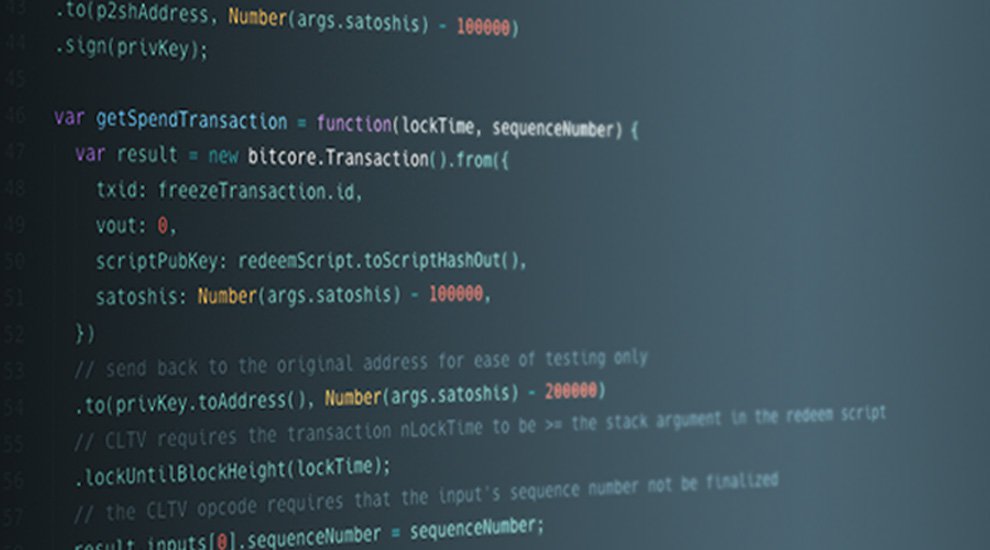Satoshi Roundtable Review

Bitcoin and Blockchain stakeholders held a confidential meeting last month in Cancun, Mexico to discuss important topics and issues in the Bitcoin community. These stakeholders were chief executive officers, pioneers, investors, influencers, and developers. There were no partners and media representatives invited during the meeting.
The invite-only forum was organized by Bruce Fenton, chief investment officer of Atlantic Financial. Representatives from the Bitcoin, mining and development sectors attended. Among the prominent personalities were Open Bazaar chief executive officer Brian Hoffman and Blockchain security firm BitGo Engineer James Lopp. These executives shared their knowledge and experiences in attending Satoshi Roundtable 2017.
Segregated Witness
Segregated Witness and Scaling were the main topics. Majority of those who took part concurred unanimously that SegWit was a necessity and ultimately advantageous for the Bitcoin because of the scaling it provides. SegWit also has the capacity to get rid of transaction flexibility that facilitates two-tier solutions such as Lightning and Tumble Bit.
However, there were still a handful that chose block size increase and implementation of hard fork. They were corporate executives who stood for interests of multinational corporations. This was the group that clamored for immediate growth and changes in Bitcoin. One thing was apparent. The common belief was SegWit is beneficial for said protocol. Businesses which took part in the 2016 Roundtable opted for big legacy blocks. These entities skipped the 2017 conference.
Hard Fork
Corporations favoring hard fork to enhance block size cited Ethereum’s network split. According to them, the split was positive for Ethereum since the combined market ceiling of Ethereum and Ethereum Classic reached almost $1.2 billion. Even then, only a few miners attended because this particular group harbored diverse feelings about Segregated Witness or other Bitcoin solutions like hard fork. Likewise, miners were not fully represented during the Roundtable. Information they gave was mostly conveyed through mediators.
Mr. Hoffman was quite disappointed since important players failed to attend this crucial event. These personalities engage in frequent dialogues in online forums and platforms but are not comfortable in dealing with conflicting claims and concepts. He observed that essential concerns like Initial Coin Offerings or ICOs were taken up aside from scaling issues. ICO refers to the process adopted by Blockchain technology start-ups and institutions to generate finances by selling preliminary shares as well as financial privacy.
To sum up, Mr. Hoffman claimed 99% of the participants said Segregated Witness should be activated and implemented. It is a complicated addition to the crypto currency and everyone learns multiple perspectives associated with Bitcoin.
Roundtable III
The Satoshi Roundtable (2017) held at Cancun, Mexico followed the (Chatham) House Rules which guaranteed confidentiality of participants and ideas. Majority, if not all, wanted their privacy secured. It is a strange trade-off, according to Hoffman. Governance of Bitcoin was discussed more or less during this roundtable. This included debates on block size and lack of industry consensus.
It was understandable the entire process was being blocked by a number of influential persons and groups. They seemed to have been burned out by the actions of their peers during the last 18 months. Hoffman also observed that miners from the People’s Republic of China did not come in large numbers. The few who made it failed to provide significant inputs.
Rick Falkvinge founded the Swedish Pirate Party in 2006. It is a political bloc in Sweden that strived to reform legislation concerning patents and copyrights. The agenda of this party is to reinforce the person’s Right to Privacy. This party’s popularity motivated other groups both in Europe and other parts of the world to adopt its name and objectives. The result was the International Pirate party Movement.
Mr. Falkvinge attended the meeting and posted his personal observations. He noted that most of the attendees supported adoption of Segregated Witness and activation right away. His belief was that Chinese miners try to obstruct the process by refusing to signal, deploy and adopt the SegWit. He believed these miners should also giver their support instead of opposing the majority’s position.
The Swedish Pirate Party founder did not agree with many of the participants. He was asked to speak and made certain declarations. These were the gist of his statements: “We are acting just like board directors of a big car manufacturing corporation who try to make a decision that all households need to purchase its most recent car model.” It is not the way is should work, he emphasized.
He mentioned the fact that the participants are not the Soviet (Communist Executive Committee) dominating a planned economic system. What Rick Falkvinge insisted on was the real situation is they came up with an offer to the market which the latter rejected. On the contrary, delegates of the Roundtable have to act as responsible leaders.
Need for Leadership
An anonymous participant concurred with this position. He also opined bad attitude should not be condoned during arguments and conversations. The conclusion of the delegate from Sweden is Bitcoin does not have good project management. At the same time, there is no comprehensible vision of want stakeholders really want and how they prefer Bitcoin currency to be.
Mr. Falkvinge wrote in his Blog that this is best demonstrated in a hit and miss statement which said micro transactions were surpassed by increasing transaction fees. The Blockchain platform is considered an extermination event for conventional financial entities. It may survive for some time but will eventually pass away.
Nevertheless, it is still unmistakable that a lot of stakeholders support the SEGWIT which paves the way for a clear roadmap for the Bitcoin and Blockchain. This is one good sign that the industry is going somewhere at this point.
Source: Read Full Article


